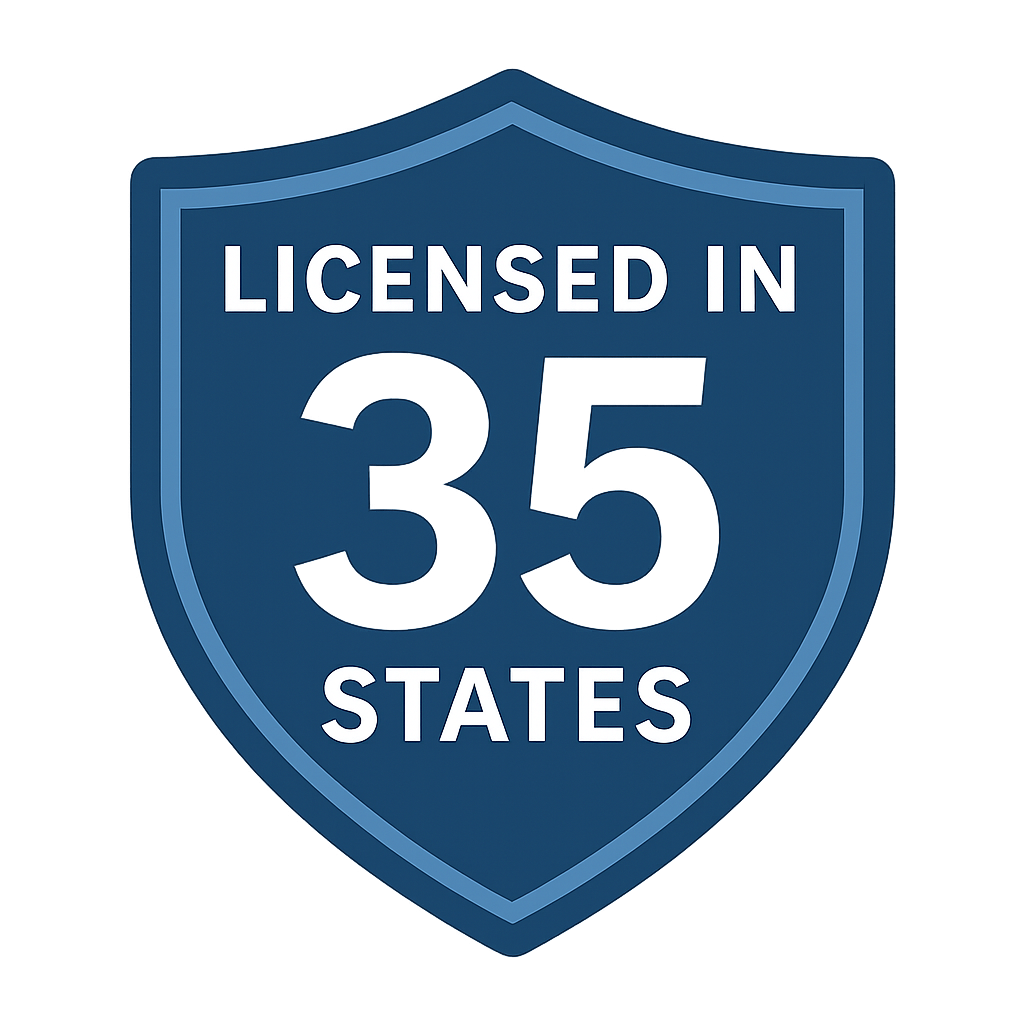Essential Documents to Keep in Your Car
Stay prepared on the road with the key documents every driver should have in their vehicle.
On this page
Overview
Core Documents
Always carry your driver’s license, vehicle registration, and proof of insurance. These are legally required in most states to verify identity and compliance. Keeping them accessible avoids fines during traffic stops.
Emergency Preparedness
Maintain emergency contact lists and medical information for quick access during accidents. Roadside assistance details streamline help in breakdowns. These documents enhance safety and response times.
Claim Support
Keep accident report forms or blank notebooks to document incidents. Receipts for recent vehicle maintenance support insurance claims. Organized records speed up post-accident processes.
Essential Documents Every Driver Needs in Their Car
Keeping the right documents in your car ensures compliance, safety, and efficiency during unexpected events like accidents or traffic stops. Core documents like your driver’s license, vehicle registration, and proof of insurance are mandatory in most states to avoid penalties. Having these readily available simplifies interactions with law enforcement and supports quick verification of coverage.
Emergency preparedness is critical, with documents like roadside assistance contacts or medical info speeding up response times. For claims, maintaining accident report templates or maintenance receipts strengthens your case with insurers. These records can be pivotal in resolving disputes or expediting payouts.
Digital copies of documents, stored securely on your phone, complement physical copies for added convenience. State-specific requirements, such as SR-22 forms for high-risk drivers, may also need to be carried. Learn more about insurance requirements by state to ensure compliance.
Regularly updating documents prevents issues from expired licenses or outdated insurance cards. A glovebox organizer keeps everything accessible and neat. A Plus Insurance helps you understand which documents are essential, ensuring peace of mind on the road.
Why do I need to carry proof of insurance?
It’s legally required in most states to prove financial responsibility. Officers check it during traffic stops to ensure coverage. Lack of proof risks fines or impoundment.
Can I use a digital insurance card?
Most states accept digital insurance cards via apps or email. Always carry a physical copy as backup. Check insurance requirements by state for local rules.
Is my driver’s license always required in the car?
Yes, you must carry a valid driver’s license while driving. It verifies your legal driving authority. Forgetting it may lead to penalties.
What happens if I don’t have my registration?
Driving without registration can result in fines or vehicle impoundment. It proves your car is legally registered. Keep it accessible in your vehicle.
Do I need to carry my vehicle title?
No, the title should be stored safely at home. Registration suffices for road use. Titles are needed for sales or transfers only.
Should I keep emergency contacts in my car?
Yes, a list of emergency contacts speeds up response in accidents. Include medical contacts for health conditions. It ensures quick communication during crises.
Why carry roadside assistance information?
It provides quick access to towing or repair services during breakdowns. Keep policy numbers or apps handy. Explore roadside assistance for coverage details.
Do I need medical information in my car?
Medical info like allergies or conditions aids first responders in emergencies. Store it securely in the glovebox. It can be life-saving in accidents.
Should I carry a blank accident report form?
Yes, it helps document accident details like driver info and damage. Accurate records support insurance claims. Download forms from your state’s DMV.
Is a car maintenance log necessary?
It’s not required but supports claims for mechanical issues. Receipts verify recent repairs or upkeep. It strengthens your case with insurers.
How do documents help with insurance claims?
Proof of insurance, registration, and photos support claim filings. They verify coverage and incident details. Organized records speed up payouts.
Do I need an SR-22 form in my car?
High-risk drivers must carry SR-22 forms to prove insurance compliance. It’s required after violations like DUIs. Learn more at SR22 states.
Should I keep rental car agreements in my car?
Yes, if driving a rental, carry the agreement to verify authorization. It supports claims or police checks. Store it securely during use.
Can documents help avoid tickets?
Valid license, registration, and insurance reduce ticket risks during stops. Missing documents may lead to fines. Keep them updated and accessible.
Do I need proof of emissions testing?
Some states require emissions certificates, but it varies. Georgia and others mandate it in certain counties. Check local DMV requirements.
How should I organize documents in my car?
Use a glovebox organizer for licenses, registration, and insurance. Keep digital backups on your phone. Organization ensures quick access during stops.
How often should I update car documents?
Replace expired licenses, registrations, or insurance cards immediately. Check annually for renewals. Updates prevent legal issues.
Can I store documents digitally only?
Digital copies are accepted in many states, but physical backups are safer. Some officers prefer hard copies. Always verify state laws.
Should I carry a vehicle owner’s manual?
It’s helpful for maintenance or troubleshooting but not mandatory. Keep it for reference during breakdowns. It aids in minor repairs.
Do I need documents for international driving?
An International Driving Permit may be required abroad. Carry your license, insurance, and registration too. Check destination country rules.
What if my insurance card is expired?
An expired card may lead to fines, even if coverage is active. Update it immediately with your insurer. Digital apps provide instant access.
Do I need to carry a bill of sale?
No, a bill of sale isn’t needed in your car. It’s used for title transfers only. Registration suffices for driving.
Are temporary tags enough for driving?
Temporary tags are valid for a limited period after purchase. Carry temporary registration documents. Ensure compliance with state deadlines.
Do I need proof of insurance for passengers?
Proof of insurance covers the vehicle, not specific passengers. It’s required for all drivers. Passengers benefit from liability coverage.
What if I’m stopped without documents?
Missing documents may result in fines or citations. Officers may verify digitally, but penalties apply. Always carry required items.
Should I carry lease agreements for leased cars?
Carry lease-related insurance proof to verify coverage. The agreement itself isn’t needed daily. Registration and insurance suffice.
Do I need documents for rideshare driving?
Rideshare drivers need proof of commercial insurance or endorsements. Standard policies may not cover ridesharing. Check Georgia insurance for rideshare options.
Are documents needed for rental cars?
Carry the rental agreement and your insurance card. They verify authorization and coverage. Digital copies work in many cases.
Do I need a vehicle inspection certificate?
Some states require inspection proof, but it varies. Check your state’s DMV for specifics. It’s often needed for registration renewals.
What documents help in hit-and-run cases?
Insurance cards and accident report forms aid hit-and-run claims. Photos and witness notes strengthen your case. File promptly with your insurer.
Comparing Essential Car Documents
Understand which documents are critical for compliance and emergencies.
Mandatory Documents
Driver’s license, registration, and insurance proof are legally required.
Emergency Documents
Contact lists and medical info aid in quick accident response.
Claim Support
Accident forms and maintenance receipts streamline insurance claims.
Last Updated on by Shawn Christie




